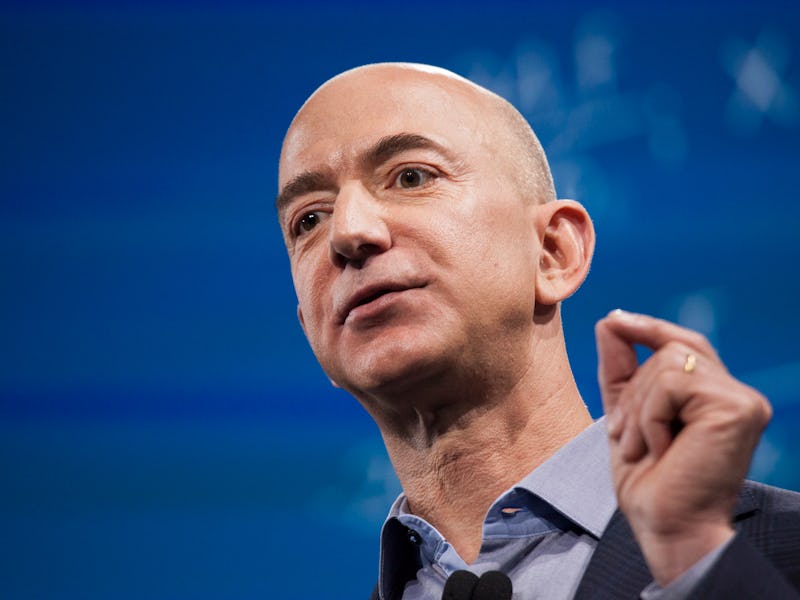Amazon’s plans for drones go beyond deliveries: The company received a patent on Tuesday that covers the systems required to build a pocket-sized unmanned aerial vehicle (UAV) that responds to voice commands. Soon everyone might have their own personal drone flying around them.
The patent application, published by the U.S. Patent and Trademark Office, says Amazon’s technologies are supposed to enable miniature drones that are “smaller, lighter, and less expensive than conventional UAVs.”
Amazon has no small ambitions for these UAVs. The company says in the patent filing that these itty-bitty drones could be used to support police during traffic stops; to help find a kid in a crowd; or to clear tunnels during a military maneuver. All of these activities would be enabled with a combination of advanced voice controls, and more direct remote controls provided by a companion app for smartphones and tablets.
This is how the drones would work.
This patent is a continuation of Amazon’s drone plans. Its most well-known effort is its research on UAVs that can deliver packages, which continues, despite regulatory setbacks in the United States.
Those regulations forbid companies from using drones without a clear line-of-sight and limit the size of commercial UAVs. Amazon’s patent sidesteps both of these issues: This drone is designed to be close to its owner and is small enough to avoid federal scrutiny. It can’t make deliveries, but the patent application offers a variety of scenarios that would make the device appealing to consumers, police, and others.
Drones, like robots, continue to get smaller and smarter. This device could be enough to convince people to have their own personal drones — and to make sure people are comfortable with UAVs flying around, which would make it easier for companies like Amazon to convince regulators that they should embrace drone delivery fleets.
But there’s no word on when, or if, the system described in this patent might become something people can buy. Tech companies patent new technologies all the time, without turning them into consumer products, and Amazon has not responded to request for comment to learn more about what it might have planned for devices like this in the future.
